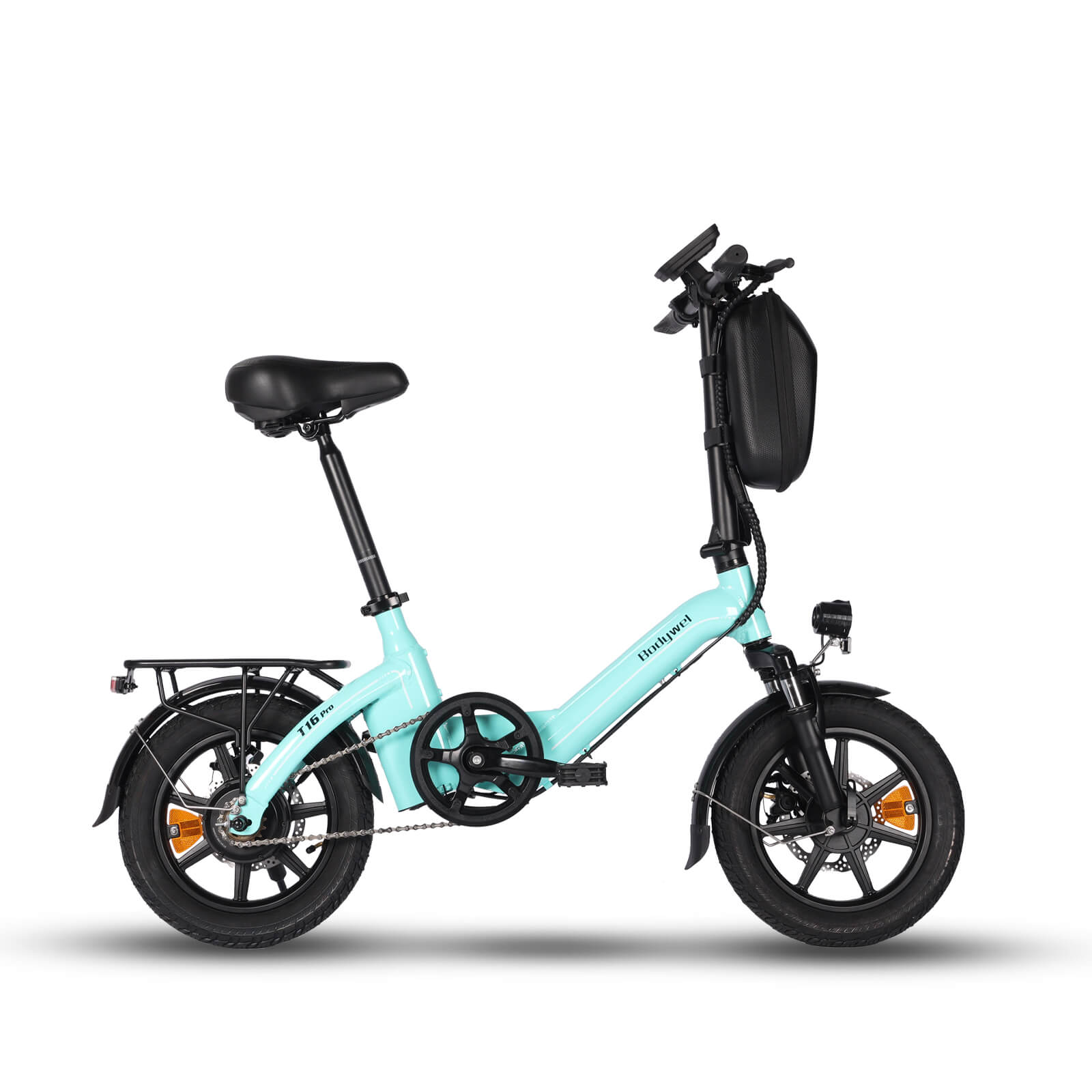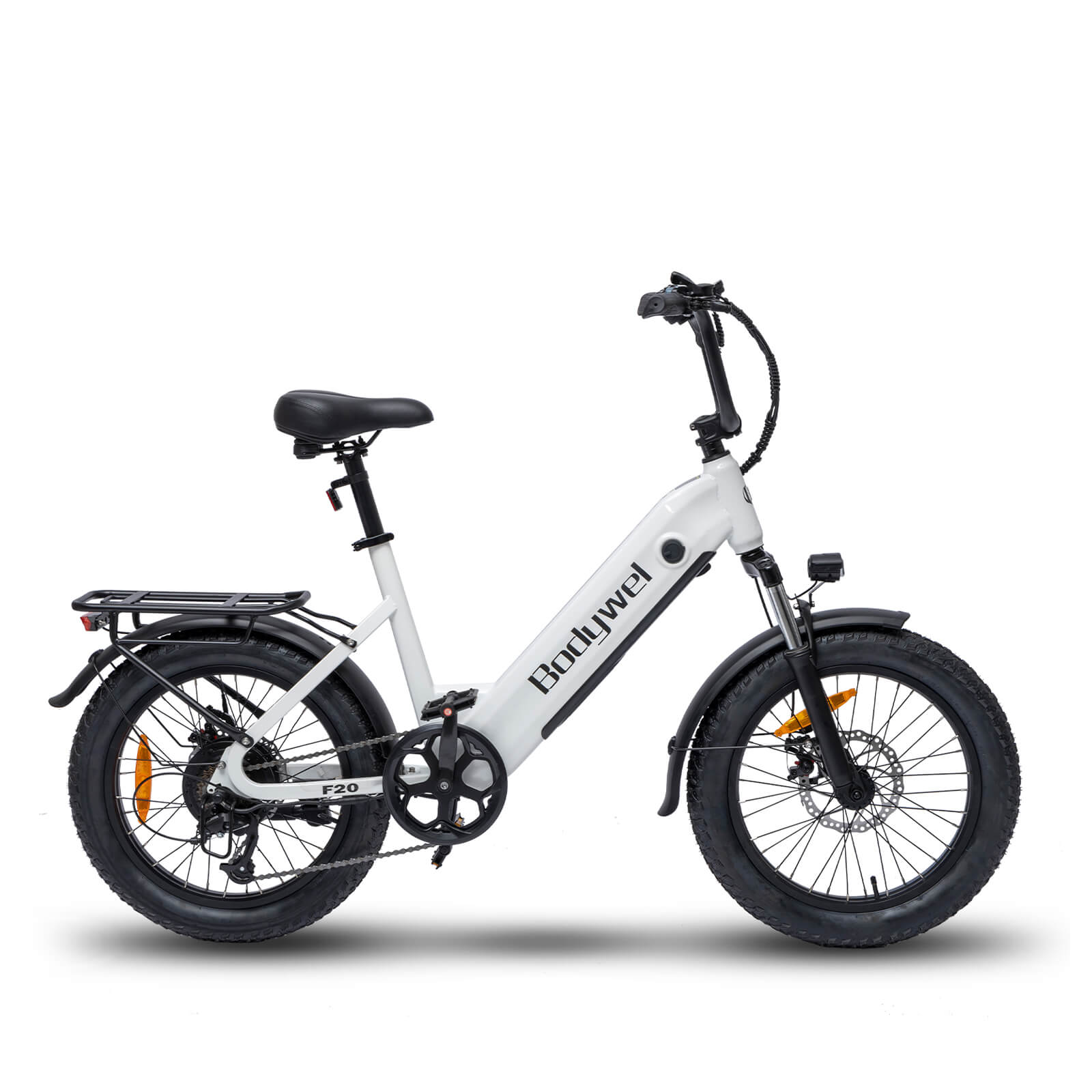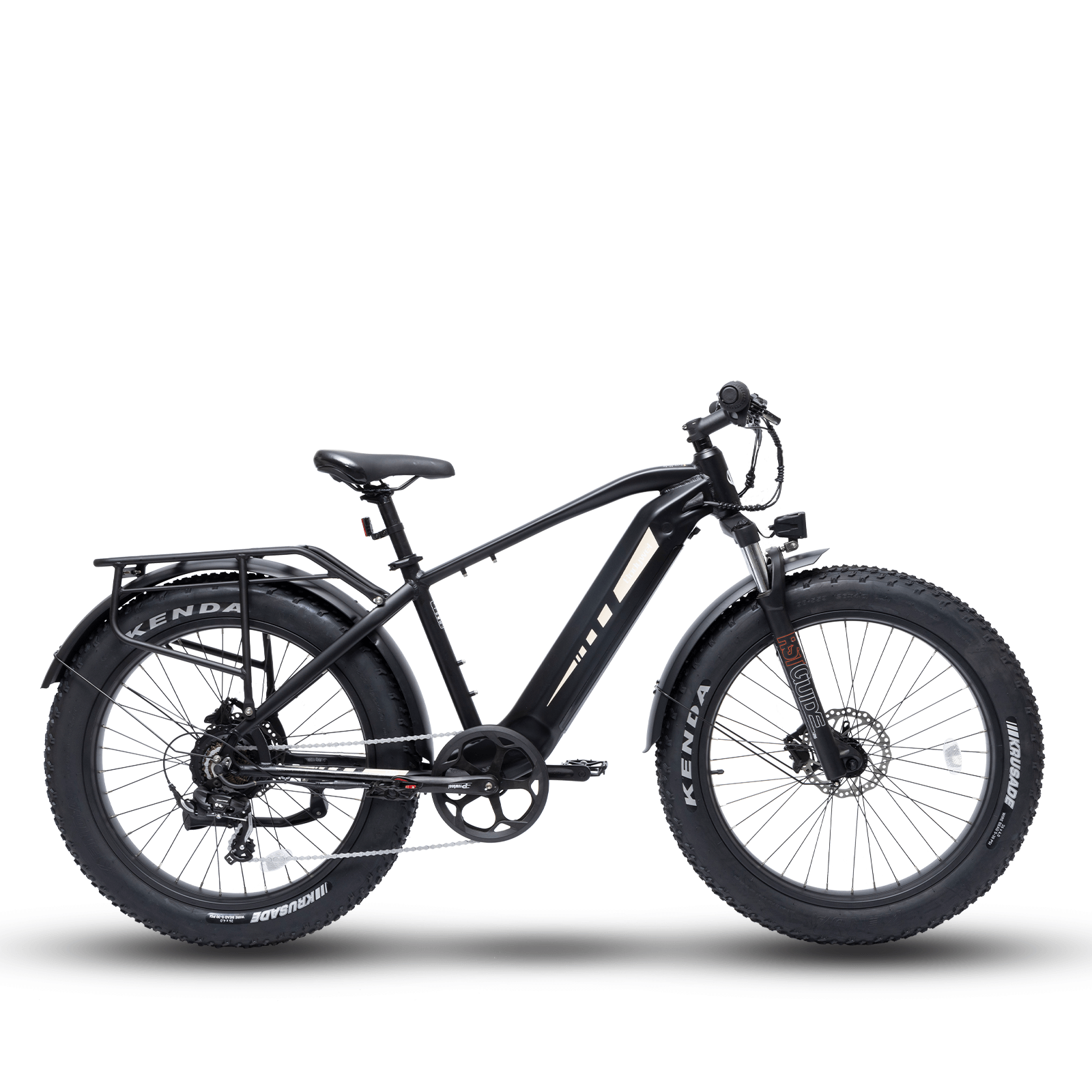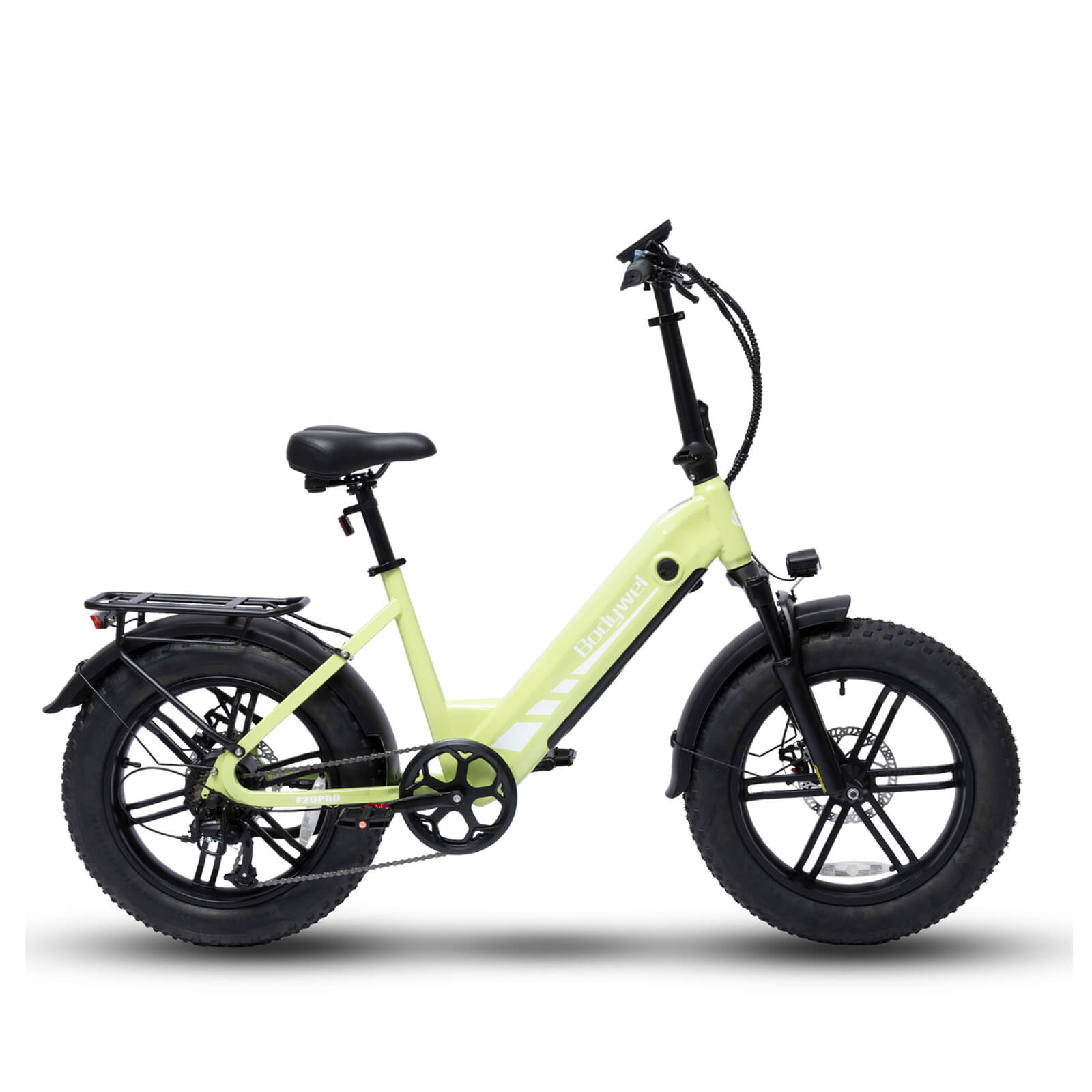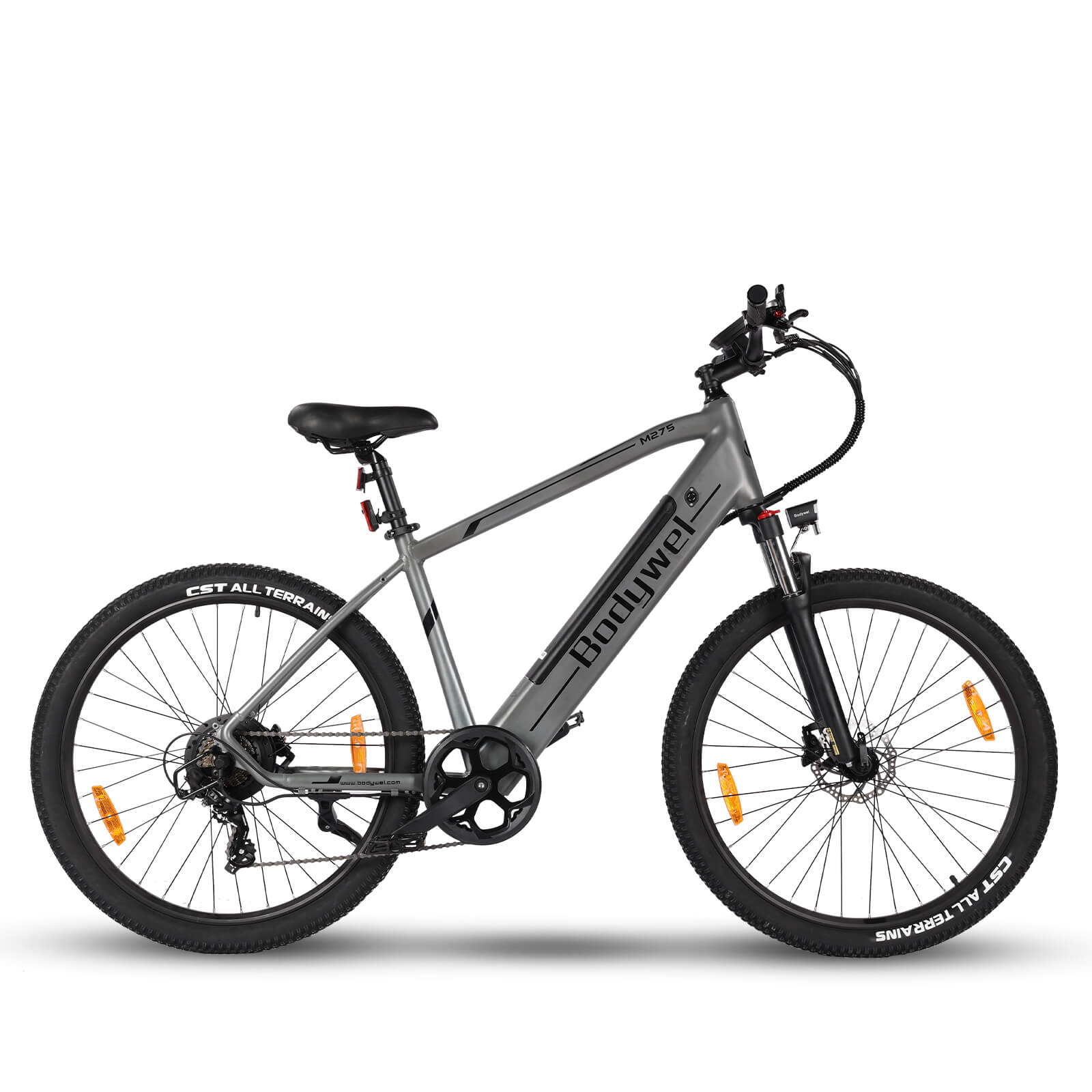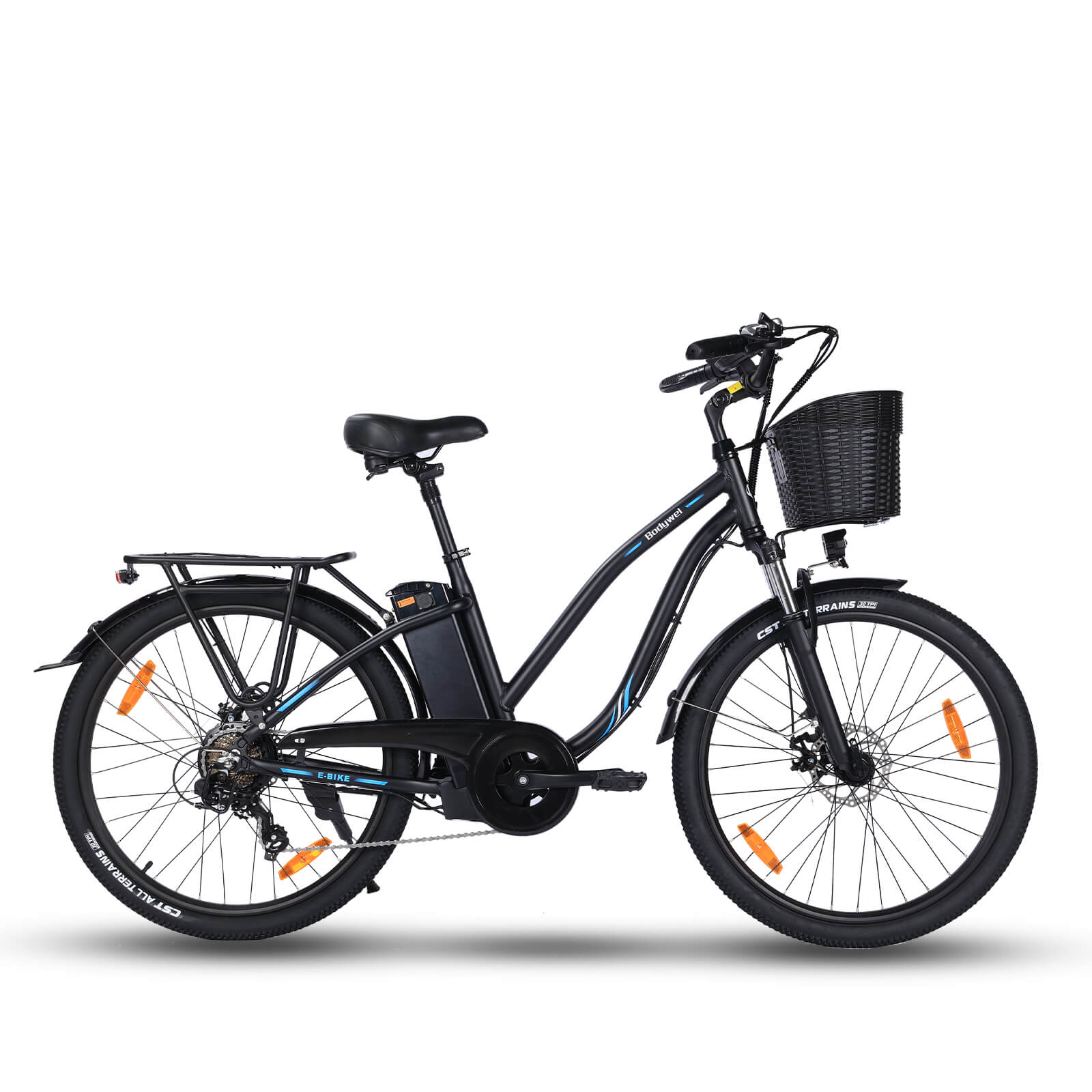Decathlon E-Bikes Reviewed: 5 Key Features to Consider

Top 5 Must-Know Features of Our E-Bikes
Our electric bikes offer a balance of affordability, performance, and reliability. This review highlights five critical features—motor power, battery range, frame design, assist modes, and warranty—to help cyclists make an informed choice for urban commuting or outdoor adventures.
1. Motor Performance & Efficiency
Our e-bikes typically feature mid-drive or hub motors with power
0 comments




